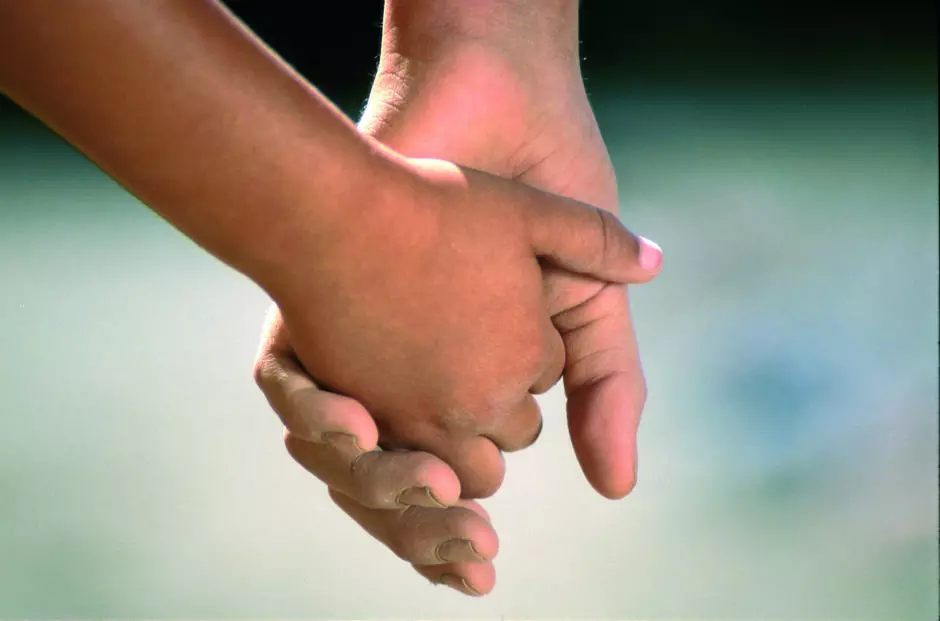
Humanitarian and Development
Place
Région de Karaikal, India
Sponsor
Thierry Vandevelde
Grant(s)
80,000 euro to the Selection Committee at 2005/12/06
Project leader
«It's an outstanding decentralized cooperation project which has the advantage of federating goodwill from many quarters, in symbiosis with Indian NGOs. It has all the ingredients for a genuine sustainable development.»
Thierry Vandevelde
Summary
After the terrible tsunami of December 2004, international aid poured into all the ravaged countries, as copiously reported. And yet, some areas have remained on the sidelines: for example, certain villages of the area of Karaikal, near Pondicherry, inhabited by untouchables living under the poverty threshold. Located slightly inland, they were sufficiently close to the ocean to suffer considerable damage (and particularly an intense salinization of the soil and water networks) and yet too far to benefit from the help provided to the shoreline communities.
The Poitou-Charentes regional administration, aware of the situation of these doubly victimized populations, and wishing to contribute to the reconstruction of the devastated areas, launched an aid program several months ago. With the support of Orcades, a Poitou association for education in development and international solidarity, it has mobilized many public and private players of the region to develop a comprehensive project.
Economic and agricultural revival
Slated to spread over several years and taking account of the needs of the six villages of the Karaikal region, this multifaceted plan will be implemented by INDP, an Indian NGO, to maximize the sustainable development of the communities concerned. It is planned, for example, to rehabilitate the land polluted by sea salt, to replant a number of forest areas, to help the women build up livestock herds with microcredit, and to set the conditions for the resumption of school attendance in one of the villages.
To back the technical and operational expertise of Veolia Waterforce/Waterdev, the Veolia Foundation was enlisted to take charge of the "water aspect": reconditioning of at least one well per village with the installation of a pumping system, construction of rainwater cisterns, installation of a water treatment system (to obtain a low salt water), and the installation of showers in the homes with wastewater recovery circuits. The Veolia Foundation provided 80 000 euros to complete these various operations.
Progress report
Two villages already equipped with water supply systems
In April 2007, the overall project developed by Orcades with its Indian relay, INDP, was well on the way to completion -- at least concerning the "Water" aspect. A first village, Keezajur, already had a water supply network since early 2006, inaugurated in March 2006. A just to months later, a second installation was launched in turn in the village of Thalateru. The remaining networks were still in the preliminary stages. At the same time, the experts of Veolia Waterforce/Waterdev were also asked for their recommendations on the "biogas production" aspect. The new unit producing this natural fuel, installed close to the scientific education Center of Vadakatalai, was scheduled for commissioning in June 2007.

